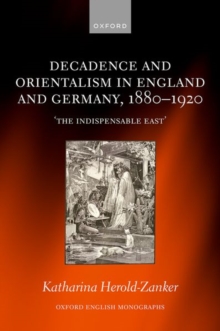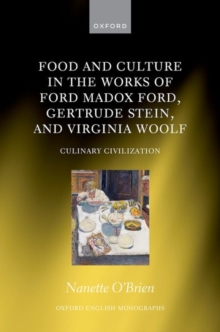
Class, Patronage, and Poetry in Hanoverian England : Stephen Duck, The Famous Threshing Poet PDF
by Jennifer Batt
Part of the Oxford English Monographs series
Description
In 1730 Stephen Duck became the most famous agricultural labourer in the Hanoverian England when his writing won him the patronage of Queen Caroline.
Duck and his writing intrigued his contemporaries. How was it possible for an agricultural labourer to become a poet?
What would a thresher write? Did he really deserve royal patronage, and what would he do with such an honour?
How should he be supported? And was he an isolated prodigy, or were there others like him,equally deserving of support?Duck's remarkable story reveals the tolerances, and intolerances, of the Hanoverian social order.
Class, Patronage, and Poetry in Hanoverian England: Stephen Duck, The Famous Threshing Poet explores these complex and contested relationships through Duck's life and work.
It sheds new light on the poet's early life, revealing how the farm labourer developed an interest in poetry; how he wrote his most famous poem, 'The Thresher's Labour'; how his public identity as the 'famous ThreshingPoet' took shape; and how he came to be positioned as a figurehead of labouring-class writing.
It explores how the patronage Duck received shaped his writing; how he came to reconceive his relationship with land, labour, and leisure; and how he made use of his newly acquired classical learning to develop newfriendships and career opportunities.
Finally, it reveals how, after Duck's death, rumours about his suicide came to overshadow the achievements of his life.
Both in life, and in death, this book argues, Duck provided both opportunity and provocation for thinking through the complex interplay of class, patronage, and poetry in Hanoverian England.
Information
-
Download - Immediately Available
- Format:PDF
- Pages:192 pages
- Publisher:OUP Oxford
- Publication Date:19/06/2020
- Category:
- ISBN:9780192603449
Other Formats
- EPUB from £52.25
Information
-
Download - Immediately Available
- Format:PDF
- Pages:192 pages
- Publisher:OUP Oxford
- Publication Date:19/06/2020
- Category:
- ISBN:9780192603449










